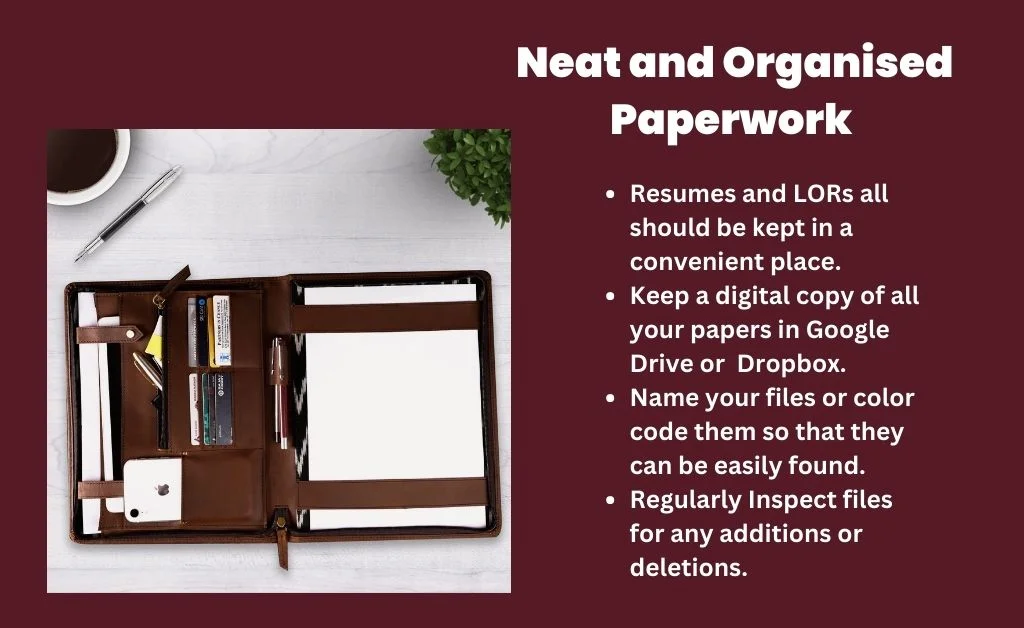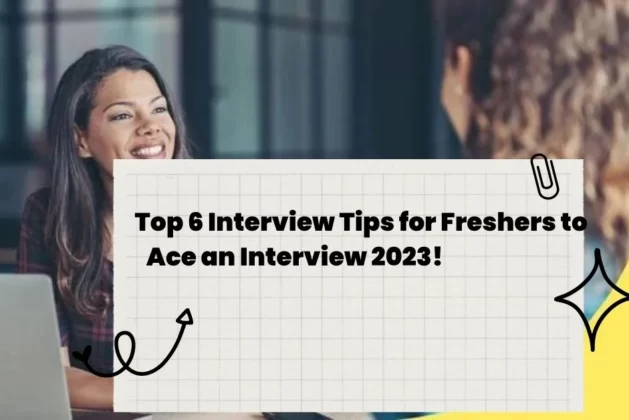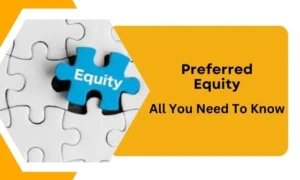Table of Contents
ToggleIntroduction
Are you a recent graduate seeking your first professional position? If so, you understand the value of acing your first job interview. It’s a chance to impress prospective employers with your talents and expertise, but it may also be nerve-wracking. Here are some pointers for newcomers to the interview process that should help you stand out from the crowd.
While discussing advice for an interview, I always stress the researching about the firm in advance. Examine the requirements carefully to make sure you’re a good fit for the position. Use this information to craft replies that will convince the interviewer that you’re the best candidate for the job. You may further demonstrate your enthusiasm and commitment by reading up on the business and its history.
You might do very well in your interview if you follow the guidelines represented in this blog.
Tips to Impress the Interviewer
Study the Corporation
Doing your homework about the firm beforehand will put you in the best possible position during the interview.
Before going, it’s a good idea to familiarise yourself with the company’s structure and hierarchy. It will help you feel more prepared to answer inquiries about the company and its operations.
Tell me about the development of the business from its beginning.
In what ways have they improved over the last several years?
What do they plan to accomplish in the following weeks and months?
Taking the time to learn about these issues will show that you are invested in how this company operates.
Consider the Competition: Know who the firm you’re researching is up against and where they stand in the industry. Where do they excel now, and where do they have room to grow? Why are they better than the rest? Knowing where they are in their field will help you come up with well-informed questions and responses throughout the entire process.
Also, read:Banking Interview Questions
Best Investment Banking Companies
Be Prepared for Some Standard Interview Questions
You may ease your interview anxiety by anticipating the most often-asked questions. Here are some tips to answer them:
- The first step is to familiarise yourself with the kind of questions often asked in job interviews. Becoming well-versed in these questions will equip you to provide the kind of in-depth responses that do justice to your abilities.
- Feel free to ask for clarification or state that you need some time to think about an answer if you find yourself unable to provide one immediately.
- Don’t let the difficulty of the questions discourage you. Divide the question into manageable chunks and answer each one separately.
- If you want your response to stand out from those of other candidates who may have offered general responses, be sure to include specifics and application instances.
- Be ready for unexpected shifts in the interview’s subject matter or challenging follow-up questions. In these situations, it’s important to take a deep breath and keep your cool.
- Pay attention to nonverbal signs and try not to let surprises throw you for a loop; instead, use them as a chance to show off your problem-solving prowess by showing your understanding of fundamental principles in your field.
- Keep your cool, work through any problems provided by the interviewer rationally, and speak clearly and confidently in order to impress them with your answers no matter what they ask you.
Getting Ready for the Interview

- Drill as much as possible. Review a sample of typical interview questions and practice providing convincing responses before the big day.
- Make sure your answers are easy to understand and to the point. It would also help if you can think of projects or jobs that you’ve completed in the past that showcase your skills in each area.
- Keep in mind the importance of body language. Attitude is just as important as words when it comes to making a good impression.
- Body Language plays a significant role in interviews. Confidence and focus are communicated by sitting up straight with shoulders back. Conversely, if you sit slouched or fidget excessively, it may seem that you don’t believe in what you’re saying.
Must read: Best Wealth Management Courses,
Show your Enthusiasm and Self-Assurance

- Make an effort to dress professionally, Wear business attire that is suitable for the position. Be neat and tidy, with no wrinkles or stains on your clothes.
- Shake the interviewer’s hand with a smile, and keep making eye contact while you talk. This will demonstrate your interest and faith in what they are saying.
- While addressing questions about yourself and your credentials for the post, talk clearly and convincingly. Give concrete examples from your work history or internships that illustrate your familiarity with the necessary skills and experience for this position.
- Prepare yourself in advance for any unexpected questions or themes that may come up during the interview.
- Ask insightful questions at the conclusion of each round of the interview.
“What kind of career advancement opportunities are available here?”
Or
“What kind of benefit packages do employees receive?” while negotiating a pay.
This will demonstrate not just your interest in the position itself, but also your enthusiasm for contributing to the company’s growth and success.
Follow-Up on the Interviewer
Mastering the art of effective follow-up is crucial if you want to set yourself apart from other prospects.
- Contacting the hiring manager or recruiter who interviewed you is the first step in the follow-up process. You can either do direct messages on LinkedIn or a courteous email would work.
- Avoid using emotionally charged language or asking inquiries that might be seen as demanding or harsh while communicating.
- While Contacting Hiring Managers Afterward, It’s crucial to be persistent, but not annoying, when following up with hiring managers.
Neat and Organised Paperwork

- Resumes, letters of recommendation, references, and academic transcripts may all be stored in one convenient place.
- It’s a smart move to save digital copies of all your papers in a cloud storage service like Dropbox or Google Drive.
- If you want to be able to find anything in your files quickly, you should name it properly and, if feasible, color code it.
- Regularly inspect your file system. This will help you keep track of any additions or deletions you make to your document collection and prevent anything from going missing.
Conclusion
Acing your interview as a newcomer seems like a tough task, and it might seem like too much is expected of you in too little time. But if you follow some basic first-time advice and do your homework, you may greatly improve your odds of getting the job.
The advice in this article can help you immensely in your next interview. But it’s not certain that you’ll quickly achieve success if you follow these tips. It’s all about Practice! Practice and some more practice. I wish you the best of success in your next interviews.
Frequently Asked Questions (FAQs)
Another reason why businesses should consider hiring freshers is that they are less expensive than experienced staff.
Verbal communication abilities involve carefully selecting your words and properly describing your qualifications. Smiling, nodding, and making eye contact are examples of nonverbal communication skills. Prepare for effective communication by observing your body language in front of a mirror.
Interview Preparation Tips
- Be punctual
- Prepare some questions before the interview on your own
- Bring many copies of your resume
- Bring a pen and a tiny notepad with you
- Handshake and grin as you greet the interviewer
Interviews can assist you in identifying the individuals who are best qualified for the position because they allow you to analyze a possible employee’s experience, talents, and professional background.
There are various sorts of interviews, but the five most popular are in-person interviews, phone interviews, virtual interviews, panel interviews, and informal interviews.



